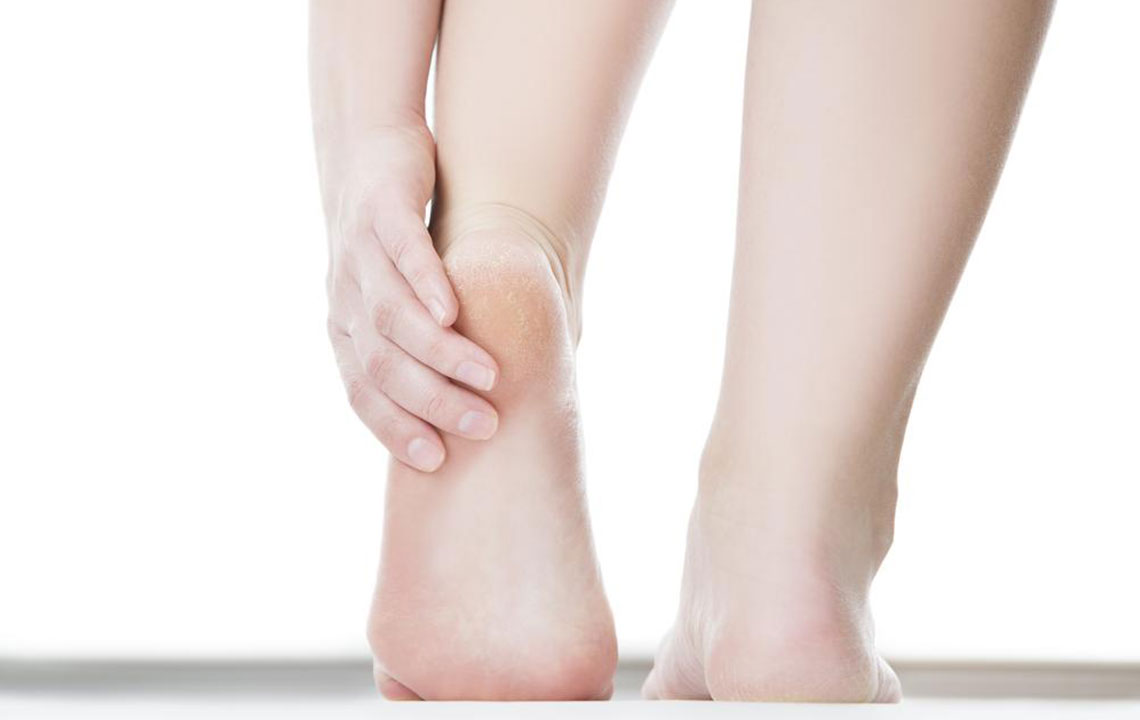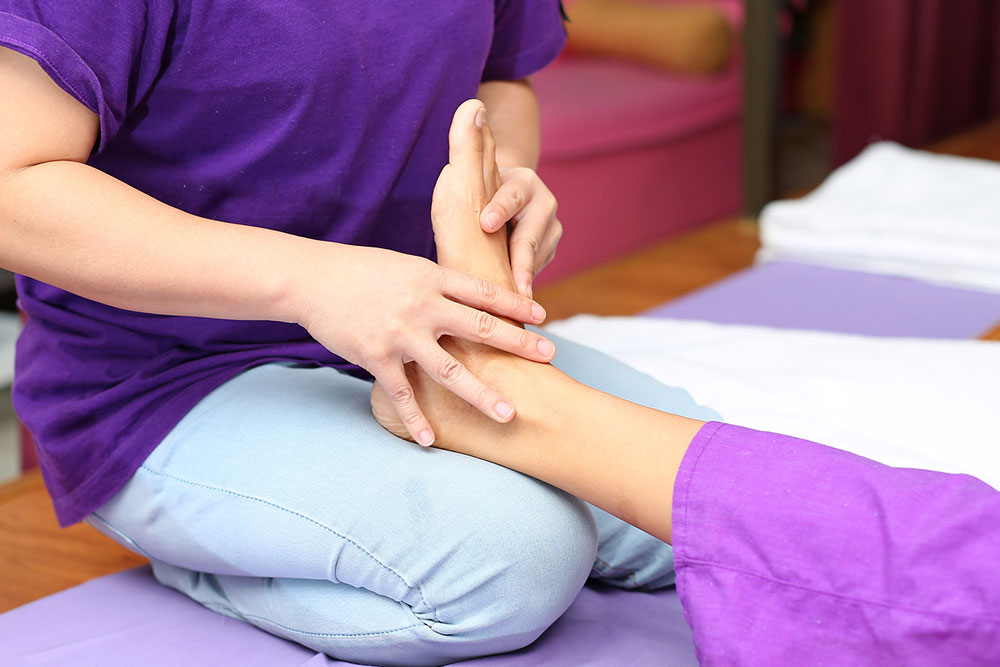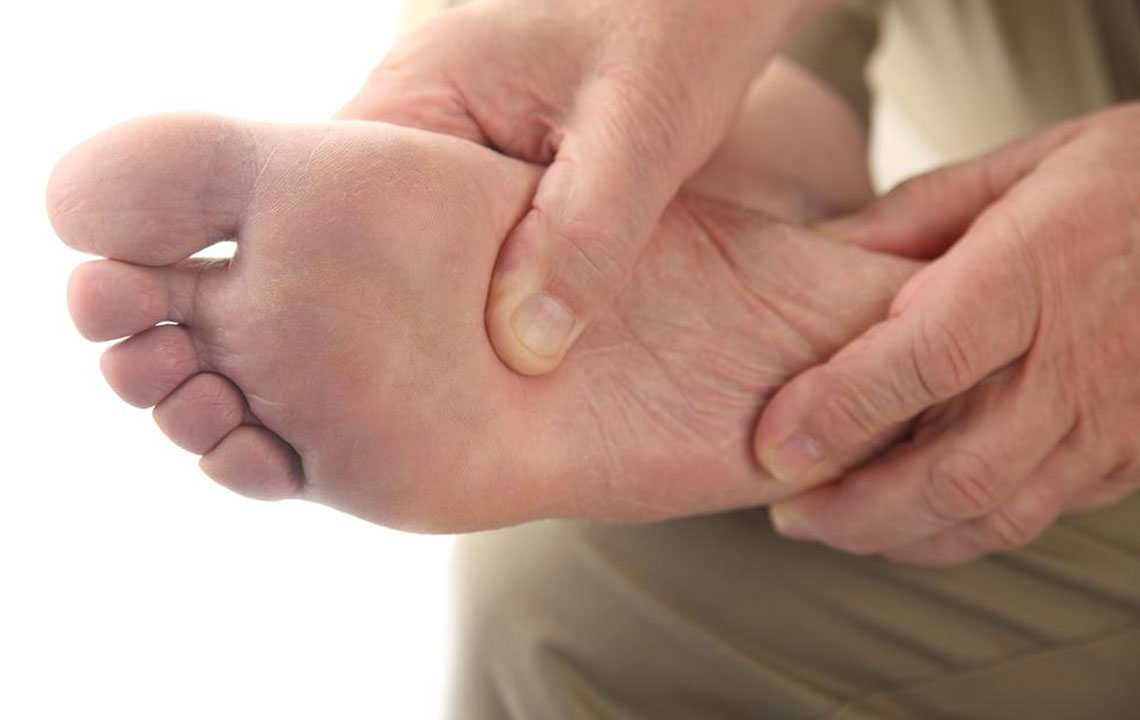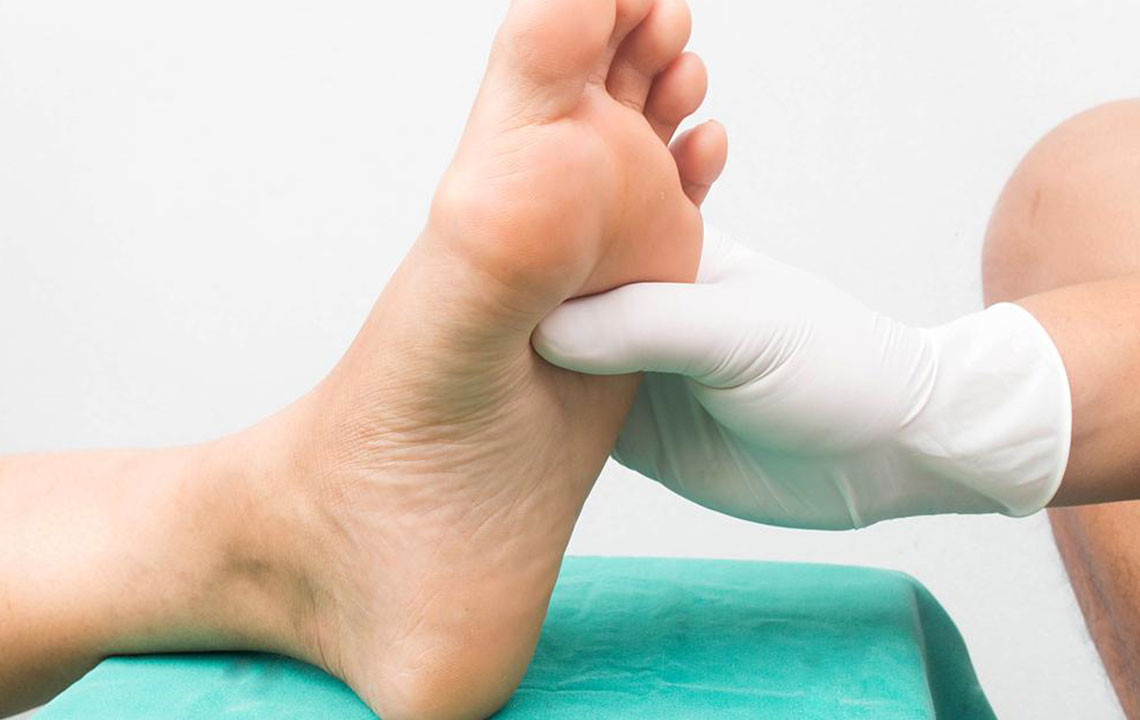Essential Tips for Caring for Diabetic Feet
Learn essential tips to care for diabetic feet and prevent complications. Regular foot checks, proper hygiene, suitable footwear, and blood sugar management are key. Early intervention and consistent care can save limbs and improve quality of life for diabetics.
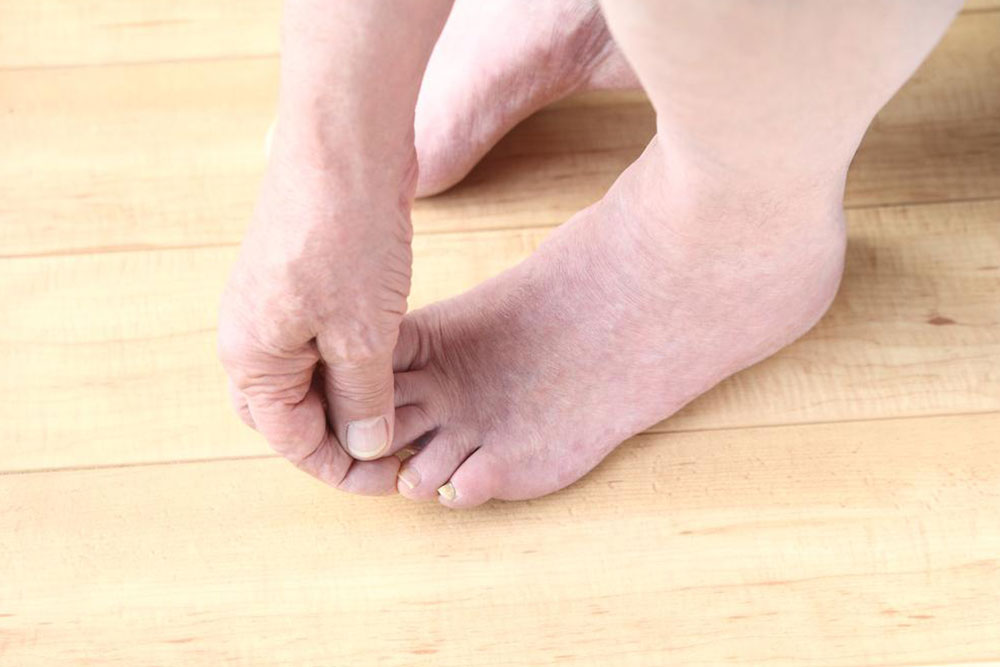
Essential Tips for Caring for Diabetic Feet
Diabetes mellitus, commonly known as diabetes, is a chronic illness characterized by elevated blood sugar levels due to irregular insulin production or utilization. Over time, it can impact several organs, including the heart, kidneys, and limbs. Why are diabetic patients at risk of foot problems? The disease damages nerves and reduces blood flow, making foot issues common. Regular foot checks are crucial, nearly as frequent as blood sugar monitoring, to prevent serious complications like infections or amputations. Consistent foot care plays a vital role in managing these risks.
Neglecting foot health can lead to severe issues such as gangrene and limb loss. Proper foot care minimizes infection risks and promotes healing. Diabetes influences long-term health by affecting vital organs. Poor blood sugar control can result in complications affecting the eyes, skin, kidneys, heart, and feet. Common foot-related problems include nerve damage (neuropathy), ulcers, and gangrene, which may necessitate amputation. Monitoring blood sugar levels, maintaining healthy lifestyle habits, and foot hygiene are key to prevention.
Prolonged diabetes leads to nerve damage, causing numbness and reduced sensation in the feet. This increases the risk of unnoticed injuries, which can worsen if untreated. Circulation issues due to thickened arteries impair wound healing and can result in tissue death. Minor infections like athlete’s foot or ingrown toenails can escalate into serious complications. Smoking exacerbates these issues by damaging small blood vessels, impairing healing. Effective foot care and control of blood sugar are essential for diabetic health.
Here’s a comprehensive guide to diabetic foot care:
Routine Foot Inspection
Check your feet daily for cuts, blisters, or sores. Maintain hygiene by washing feet regularly and keeping them dry. Wear comfortable socks outdoors, avoiding tight-fitting ones that restrict circulation.
Minimize Clutter
Keep your living space free of obstacles to prevent tripping or foot injuries indoors. Rearrange furniture for safer movement.
Regular Pedicures
Trim toenails carefully to prevent ingrown nails. Apply moisturizer after washing, but avoid lotion between toes to prevent fungal growth.
Wear Proper Shoes
Select supportive, well-fitting footwear that prevents blisters or sores. Consult a healthcare professional if needed.
Stay Active
Engage in regular exercise and eat healthily. Avoid prolonged periods of standing or sitting to promote circulation.
Quit Smoking
Eliminate smoking, as it worsens blood flow and hampers healing, increasing the risk of foot complications.
Manage Blood Sugar
Regularly monitor blood glucose and follow prescribed treatments to prevent foot issues related to uncontrolled diabetes.
Medical care may be needed for infected wounds, with antibiotics prescribed to eliminate infections. It's vital to complete full courses of medication. Specialized wound care centers can assist with ulcers and sores. Orthopedic consultation is recommended for calluses or heel spurs to prevent further damage. Regular checkups are essential to manage and prevent diabetic foot problems effectively.

